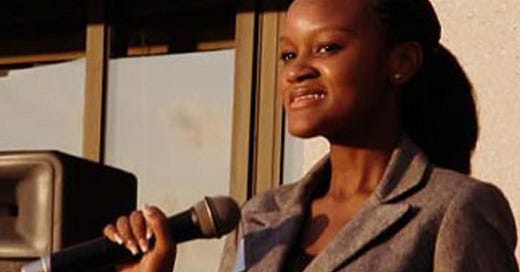Dawn Porter on the Importance of the 6th Amendment and Courtroom Access
This interview was originally published on the Documentary Channel blog on January 24, 2013.
One of the documentaries I keep hearing about at the 2013 Sundance Film Festival is Gideon’s Army, which has reportedly been receiving standing ovations from audiences all week. I previously wrote about the film, which follows three public defenders in the South,…
Keep reading with a 7-day free trial
Subscribe to Nonfics to keep reading this post and get 7 days of free access to the full post archives.



